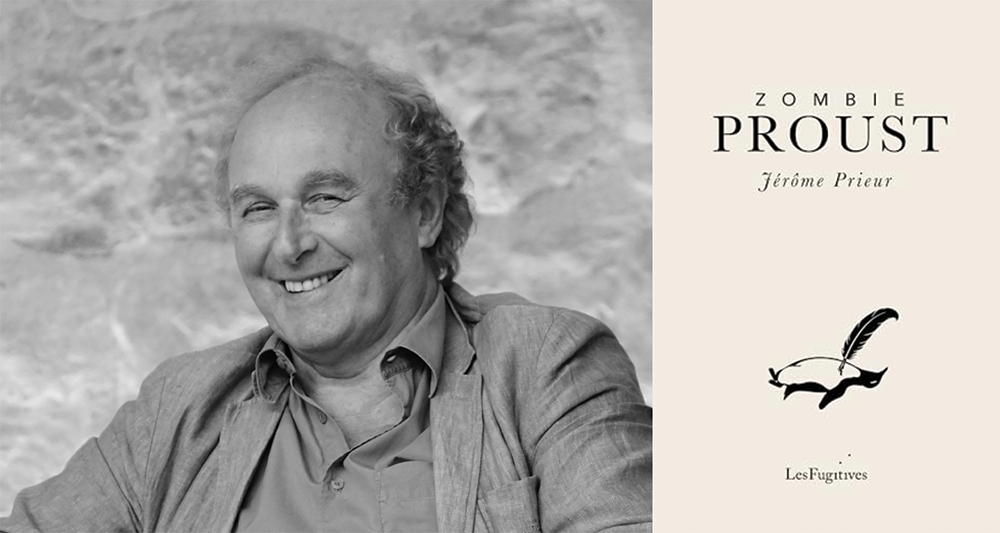How closely can a poem capture the experience of seeing a film, and seeing one cut up at that? For this week’s Translation Tuesday, we bring you an answer: a cycle of seven poems by Italian poet Paola Silvia Dolci, translated into English by the author herself. In these almost-ekphrastic verses, Dolci seeks not to describe the literal content of the film, but rather to capture the experience of seeing a film fragmented, reduced to a string of disconnected images—by damage to the film itself or constant interruption of the audience, we do not know. What we know, instead, is the hypnotic effect of the sequence, the dreamlike state induced by each isolated vignette, the plangent feeling that lingers as each slips away. Read on!
In the cinematic text, the scenes are fragments of a film; reality is never whole, but always broken down into details, movements, images that slip away.
It is a meeting between strangers, there’s a sense of waiting, of possibility, that intersects without ever belonging to one another.
1
In this scene of the film,
the two strangers
meet
at an abandoned little table
in front of the Splendid Mayer.
It’s almost winter, it’s cold,
and the sails are in regatta.
“By now November feigns nothing.”


